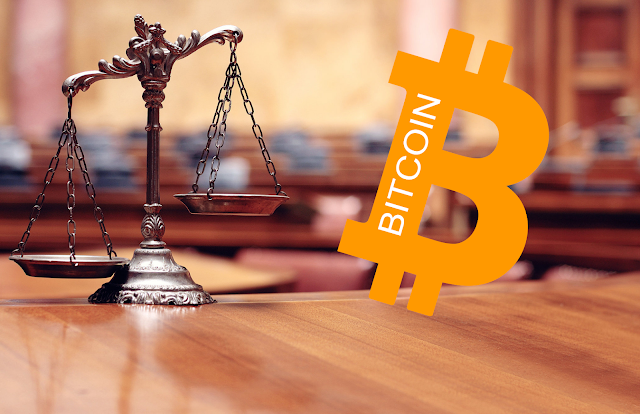South American Crypto Exchange Buda.com Seeks Help of Colombian President for Reopening

By Ana Alexandre South American cryptocurrency exchange Buda.com has requested Colombian President Iván Duque to help reopen its operations in the country, local news outlet La Republica reported September 21. Digital currency exchange Buda.com — which boasts around 35,000 accounts in Colombia — ceased its operations on June 20 after the country’s banks decided to close all the exchange’s accounts "for the lack of guarantees." The move was reportedly spontaneous; banks confirmed they closed the accounts without providing further explanation. The exchange subsequently experienced technical difficulties, while a letter from a Colombian financial control officer reminded banks that they are not authorized to interact with crypto platforms. Now, Buda.com along with its users and the country’s cryptocurrency association have petitioned President Duque to help reopen the trading platform, saying: "In accordance with the latest pronouncements of






